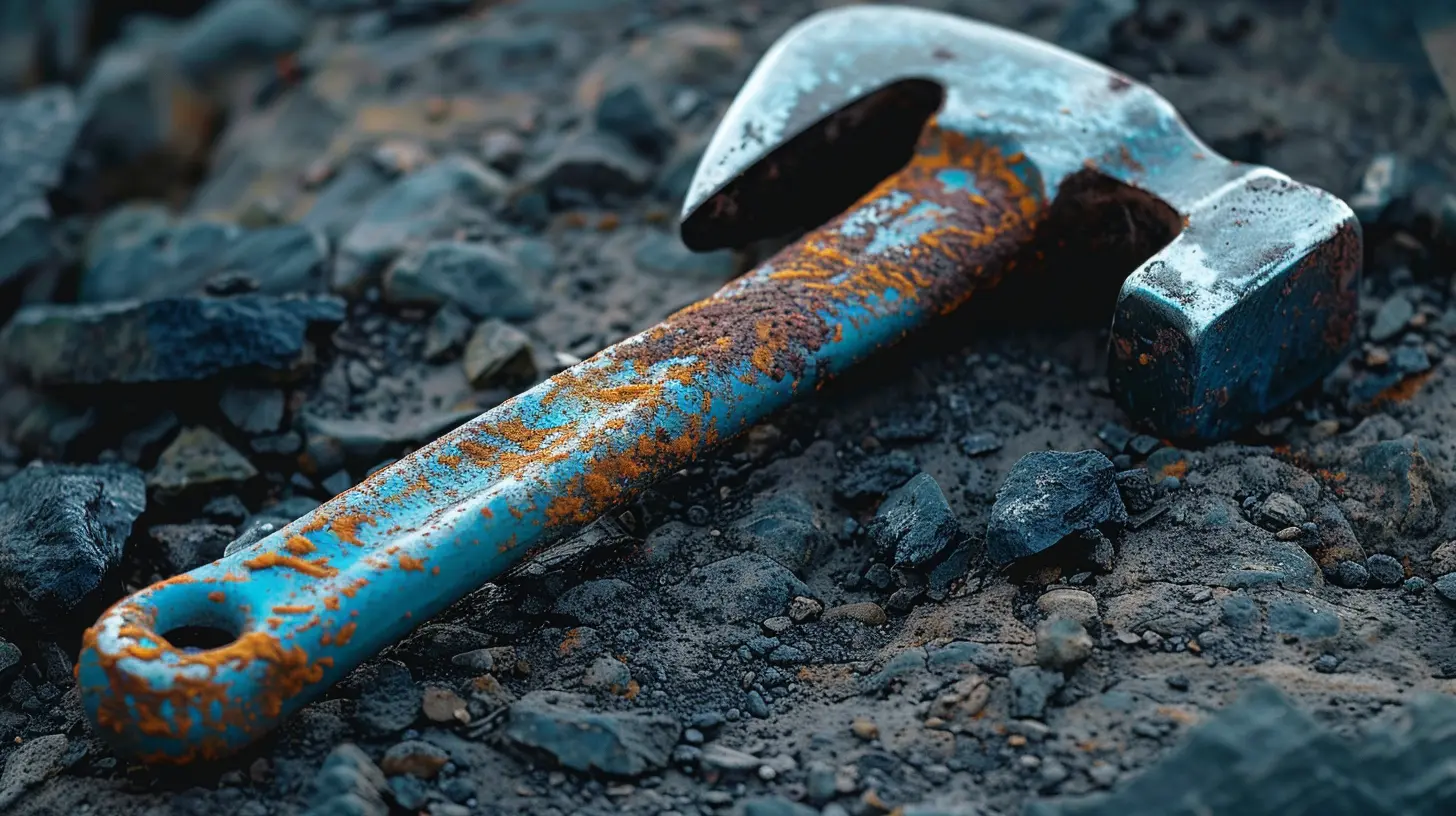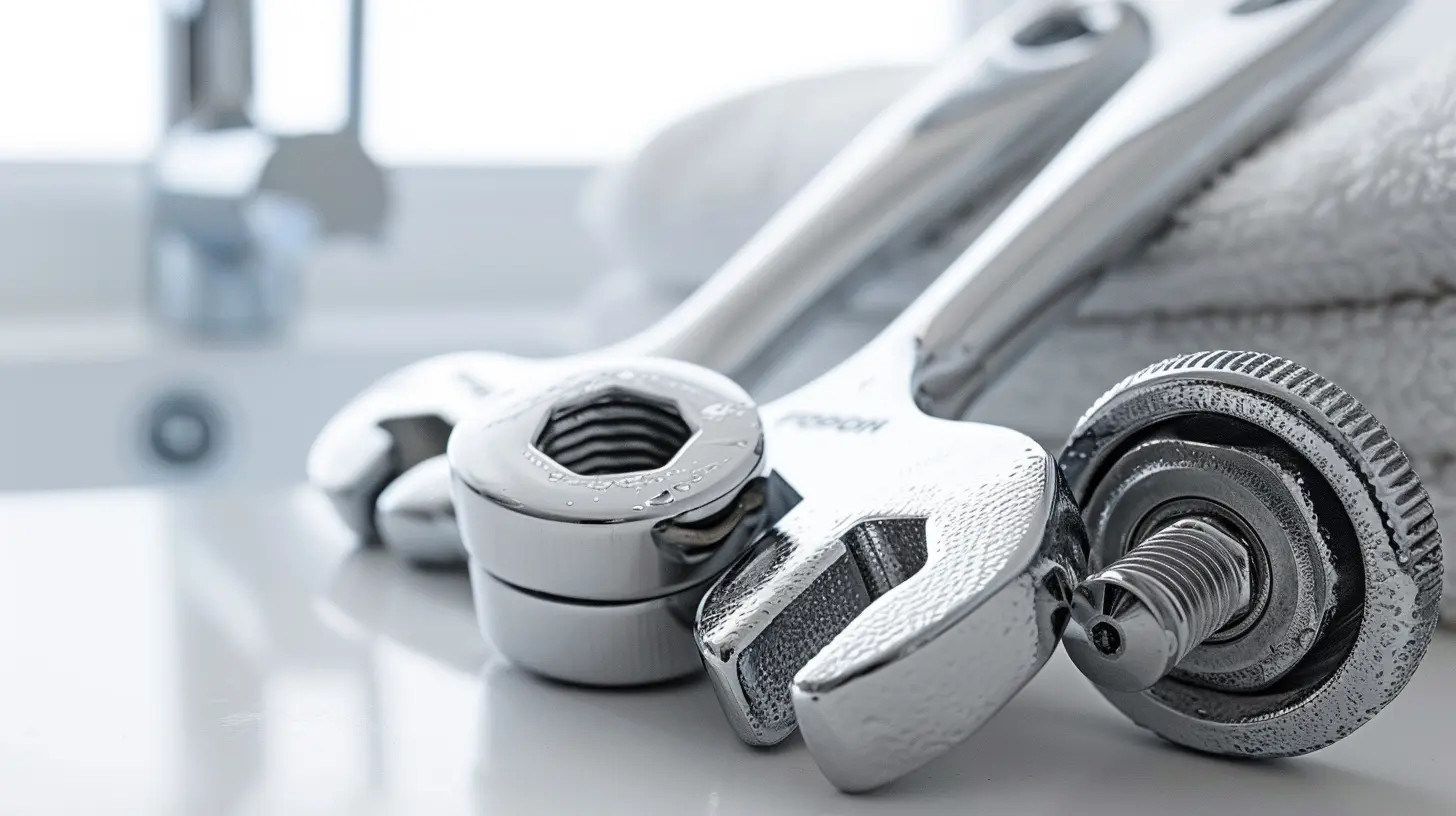Property Maintenance Contracts: What You Should Know and Expect
25 September 2025
When it comes to owning property, whether residential or commercial, one thing is certain—you need to keep it in good shape. That’s where property maintenance contracts come in. These agreements can save you a ton of time, stress, and even money in the long run.
But, what exactly are these contracts all about? Are they worth your investment? What should you expect from one? Let’s break it all down in simple terms.

What Is a Property Maintenance Contract?
A property maintenance contract is an agreement between a property owner and a maintenance service provider. The contract outlines the services to be performed, the frequency of these services, and the cost.Think of it like a subscription for your property’s upkeep—kind of like having an insurance policy for maintenance tasks. Instead of scrambling to find a repairman when something breaks, you already have a team dedicated to keeping your property in top condition. 
Why You Need a Property Maintenance Contract
You might be wondering, "Can’t I just handle maintenance as it comes up?" Sure, you can, but without a contract, you’ll likely deal with:- Higher repair costs due to emergency fixes
- Time-consuming searches for qualified service providers
- Last-minute stress when something breaks unexpectedly
A maintenance contract proactively prevents issues before they turn into costly disasters. If you value convenience and long-term savings, a contract is worth considering. 
What’s Included in a Property Maintenance Contract?
Not all property maintenance contracts are the same. The scope of work depends on the type of property (residential vs. commercial) and the service provider. However, most contracts include some essential services like:1. Routine Inspections
Preventative maintenance starts with regular check-ups. These inspections help catch small issues before they become expensive problems.2. Landscaping and Lawn Care
For properties with outdoor spaces, lawn mowing, tree trimming, and general landscaping may be covered.3. HVAC Maintenance
Heating, ventilation, and air conditioning systems need regular servicing to run efficiently. Your contract might include filter replacements and system tune-ups.4. Plumbing and Electrical Repairs
From leaky faucets to faulty wiring, having experts ready to fix minor electrical and plumbing issues is a lifesaver.5. Pest Control
No one wants uninvited guests like rodents or termites. Routine pest control services might be part of your contract.6. General Repairs and Painting
Walls, ceilings, and floors take a beating over time. A good maintenance contract ensures minor repairs and touch-ups are handled regularly.7. Emergency Services
Many contracts offer 24/7 emergency services, meaning help is available anytime an urgent issue—like a burst pipe—arises.
What You Should Look for in a Maintenance Contract
Not all maintenance contracts are created equal. Before signing anything, consider the following:1. Clearly Defined Scope of Services
Make sure the contract explicitly states what’s included and what isn’t. You don’t want surprises when something breaks down, only to find out it’s not covered.2. Response Time for Repairs
How quickly will the provider respond in case of emergencies? A contract that guarantees fast response times is a game-changer.3. Cost and Payment Terms
Is the contract billed monthly, quarterly, or annually? Are there hidden fees? Be sure to go through the pricing details carefully.4. Duration and Renewal Terms
Is the contract for six months, a year, or longer? Also, check if it renews automatically or requires renegotiation.5. Cancellation Policy
What if you’re unhappy with the service? Look for cancellation terms to ensure you’re not locked into a bad deal.Benefits of Having a Property Maintenance Contract
So, why bother with a maintenance contract in the first place? Here are some solid reasons:1. Saves You Money in the Long Run
Preventative maintenance helps avoid major breakdowns that cost a fortune to fix.2. Increases Property Value
Well-maintained properties have higher resale and rental values. It’s an investment that pays off in the long term.3. Reduces Stress & Saves Time
No more scrambling to find a handyman when something breaks—your maintenance team handles it all.4. Ensures Compliance with Laws & Regulations
If you own rental or commercial properties, you must adhere to maintenance-related laws. A contract ensures your property stays compliant.5. Enhances Tenant Satisfaction (For Landlords)
If you’re a landlord, keeping your property in top shape means happier tenants and fewer complaints.Common Mistakes to Avoid When Signing a Property Maintenance Contract
1. Not Reading the Fine Print
Always read the contract carefully. If something is unclear, ask questions. Never assume something is covered unless it's explicitly stated.2. Choosing the Cheapest Option
A low-cost provider might seem attractive, but quality matters. Opt for a reliable company with good reviews and a solid reputation.3. Ignoring Hidden Fees
Some contracts come with hidden charges for specific repairs or emergency services. Clarify additional costs upfront.4. Not Customizing the Contract
A one-size-fits-all contract might not suit your property’s needs. Make sure you tailor the agreement based on your specific requirements.Is a Property Maintenance Contract Right for You?
So, should you get one? If you:- Own multiple properties
- Have a busy lifestyle and little time for repairs
- Want to save money on preventable repairs
- Manage a rental or commercial property
Then yes—a property maintenance contract can be a smart investment.
However, if you're handy, have plenty of time, and don’t mind handling issues as they pop up, you might not need one. The decision depends on your needs and preferences.
Final Thoughts
A property maintenance contract isn't just about fixing things when they break—it’s about preventing problems before they start. While these contracts come at a cost, they offer peace of mind, financial savings, and a well-maintained property.If you want to keep your property in top condition without the headache of constant repairs, a maintenance contract could be exactly what you need. Just be sure to read the details carefully before signing, and choose a trustworthy provider.
all images in this post were generated using AI tools
Category:
Property MaintenanceAuthor:

Vincent Clayton
Discussion
rate this article
1 comments
Carter McDonald
Property maintenance contracts are essential for safeguarding your investment. Understanding the terms, services covered, and response times can significantly impact property value and tenant satisfaction. Don’t overlook this critical aspect of property management; a solid contract ensures peace of mind and smooth operations.
October 6, 2025 at 3:07 AM

Vincent Clayton
Thank you for your insightful comment! You're absolutely right—strong property maintenance contracts are vital for both investment protection and tenant satisfaction. Understanding these elements truly enhances property management success.


